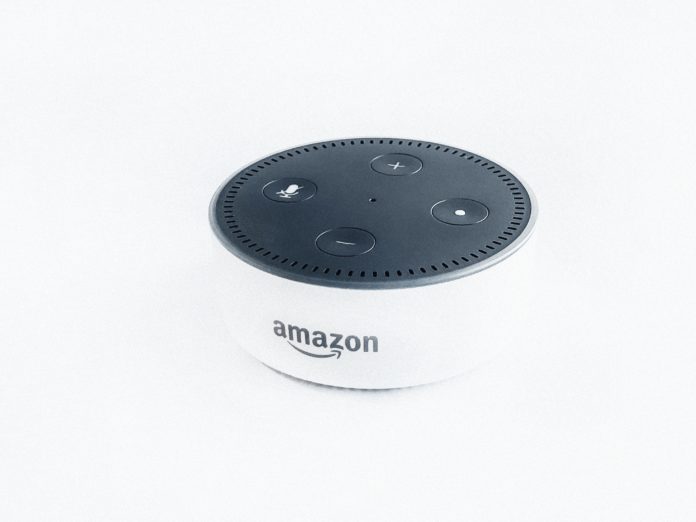
Amazon wants to further its reach in the smart tech space by expanding the smart homes into smart businesses. This is no surprise, as it was rumored and covered as up-and-coming news for the general business world. Amazon announced recently that this is in fact true, and they launched an Alexa for Business page. This update is back in the news again, with more information and updates about their office and business program.
Their angle is that the most important resource to a company, its people, are wasting their time working on tedious tasks that could be handled with (artificially) intelligent digital assistants. They are positioning themselves as the solution to a problem that I’m not convinced we have, but I’m willing to play along to see how it goes.
If you’ve been hiding from artificial intelligence under a rock, here’s what Amazon’s Alexa is all about:
- Alexa is the brains behind, and the voice of, Amazon’s line of smart home devices, Echo.
- It is also integrated into the Amazon Fire products – tablets and streaming devices – as well as in a host of third-party devices.
- Alexa “lives” in the cloud, so her artificial intelligence is always expanding, and up-to-date with the most recent news and trends
- Alexa is primarily used in the home for playing music and entertainment, making phone calls and sending messages, placing food and Amazon orders, accessing news and information, and for getting help and answers to, well, anything you can think of.
So, how is that going to translate to the office? First, it’s important to note that Alexa for Business is not the same Alexa model that is used at home. The software will be integrated into an individual company’s IT infrastructure. These devices will be connected to a workplace’s network, not an individual’s personal Amazon account. Here’s how Amazon thinks Alexa can help in the workplace:
- Spontaneously get information
- Stay organized
- Focus on things that matter
- Simply conference rooms
- Start meetings
- Control equipment
Amazon breaks down Alexa’s usefulness into categories that include desks, conference rooms, around the workplace, and as a way to serve customers.
Desk Alexa
Amazon envisions the workforce using Alexa at their desk to manage schedules, keep track of lists, and use reminders. This is a stretch for me, since usually you are accessing your computer at your desk, and can do all of that easily. I would find it distracting to have to try to work off my computer while trying to talk to Alexa. The device will also be able to make phone calls for you and help you search for data. That makes more sense to me, and sounds useful.
Conference Room Alexa
Alexa will be able to start meetings and control conference rooms; as though conference calls weren’t awkward enough, now someone might be talking to AI. I guess it takes out the human error factor of people trying to put their TV on the right display settings, and solves that tricky issue of people stealing remotes.
Workplace Alexa
Amazon also sees Alexa serving as a general helper, giving directions, finding meeting space, ordering supplies, and submitting IT requests.
Custom Alexa
One category where Alexa will be prevalent is the hotel space. Amazon Echo devices in hotel rooms will allow for custom experiences, and can grant visitors an easy way to order room service, check out, and find local information, news and weather.
Google, Apple – your move.
What do you think? Do you want Alexa in your office or hotel room?




